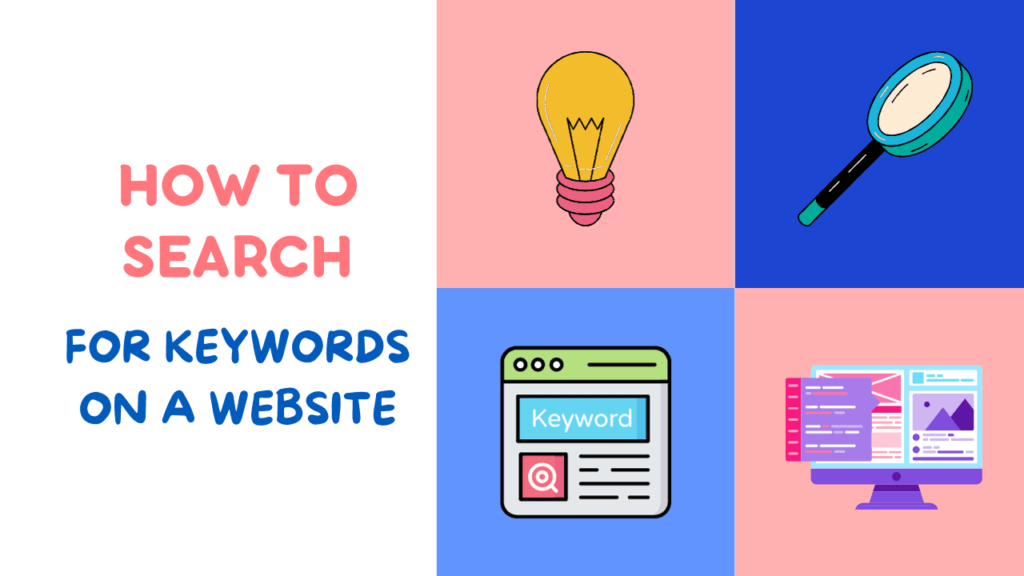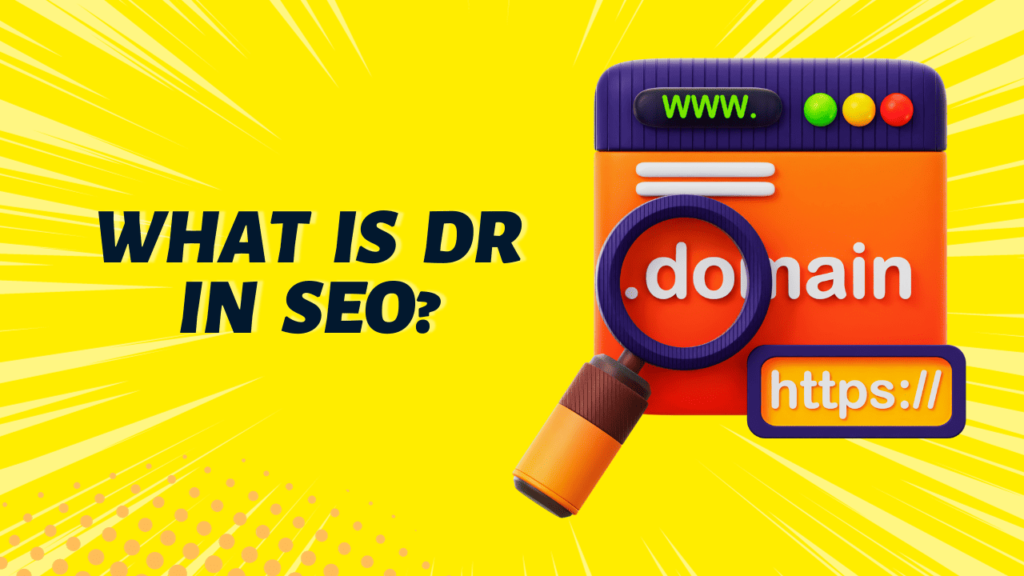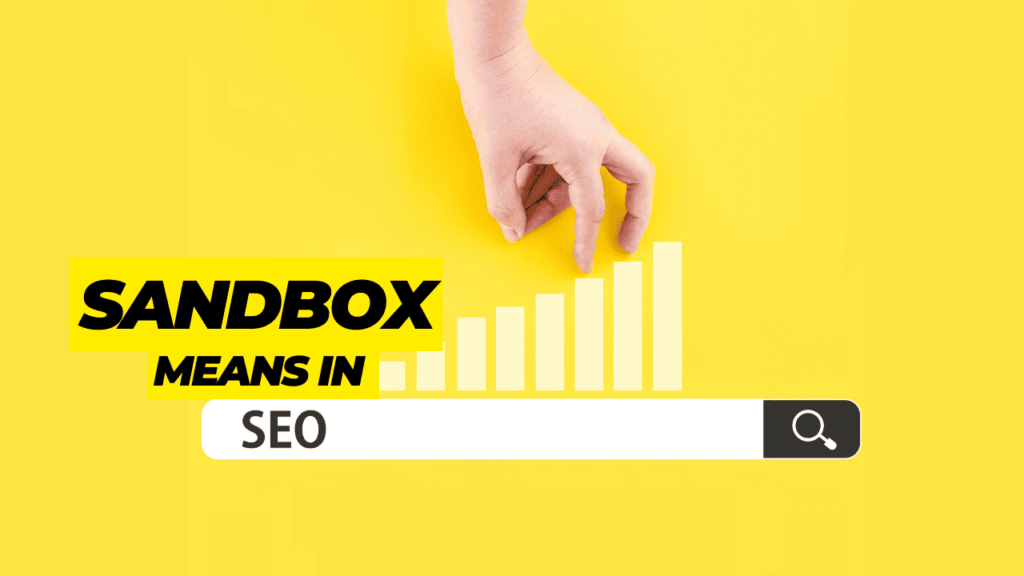As a freelancer, people often ask me if having a separate business bank account is necessary. Yes, having a business account makes financial management easier and offers real advantages. I’ve been handling my finances for a long time.
Table of Contents
ToggleDo I need a business bank account as a freelancer?
It’s understandable why freelancers might be on the fence about this question. Opening another account comes with additional fees, complexity in managing multiple accounts, and other potential drawbacks.
Furthermore, smaller registered businesses do not have a legal obligation to have one like larger ones. So is it really worth the hassle as a freelancer? From my years of experience, yes, the pros most definitely outweigh the cons.
Key Advantages of a Business Bank Account
Keep Personal and Business Finances Clearly Separate
As a freelancer, business and personal expenses often intersect in messy ways. It’s simple to accidentally use your own credit card or bank account to pay for a business expense.
The same goes for depositing a client check into your personal savings. It all blends together into one giant pot!
A business bank account creates a dedicated space to keep your freelance income and expenses organized into clear categories. This eliminates confusion down the road when you look back and can’t remember if a particular transaction was personal or business.
With a business account, you know for sure that everything in there is 100% related to your freelance activities. This separation saves many headaches!
Appear More Professional and Build Credibility
Let’s say a new client wants to bring you onto their project. They request your payment details to set up the contract.
If you send them your personal bank account, it raises questions – where do their payments go? How do you account for it later during taxes? Do you even file taxes for your freelance work?
Getting invoices paid out into an official business account makes you look structured, credible, and serious about your work. It’s a simple yet powerful signal that you mean business (no pun intended).
Most clients will take notice of this separation and have more confidence in your services as a freelancer.
Save Plenty of Time During Tax Season
The annual tax season is a notoriously stressful period for freelancers. With income flowing from multiple clients, tracking every single expense and calculating deductions can become a giant headache.
However, having a dedicated business bank account simplifies this process massively across the board.
Every single dollar that comes in from clients goes directly into this account. Every expense, software, subscription, etc. related to your work also comes straightforwardly out of this account.
Come tax time, everything is cleanly separated in one place. This makes tax preparation almost effortless as most accounting software can directly integrate with your business bank account.
You can quickly identify deductions, add up income, calculate profits rapidly, and file your tax returns with high confidence. That relief is priceless!
Dramatically Simplify Your Accounting and Planning
On that note, a business bank account also simplifies your overall accounting during the year.
With all your freelance income and outgoing expenses flowing through one channel, you gain complete visibility into the financial performance of your freelance business.
At any time, you can check the balance and see how your business is doing. Are you profiting month-to-month? How much came in from client work last quarter? What expenses are recurring that you should budget for?
You’ll have the answers to these critical financial questions with clarity on demand. This empowers better planning decisions for your future growth and goals.
Want to invest surplus income into upgrading your freelance tools? Or save up for slow seasons? A business account provides the facts you need to strategize.
Protect Your Personal Assets
Unfortunately, legal issues can pop up even if you run a one-person freelance business. What if a client takes you to small claims court over a dispute?
In scenarios like this, having completely separate business banking provides immense protection for your personal assets and savings.
The separation shows regulators and courts that you are running a legitimate freelance operation. Most importantly, it protects your personal funds if the worst case happens professionally.
That security and peace of mind is invaluable knowing your hard-earned personal money remains safely untouched.
How Do You Actually Set Up a Business Bank Account?
The process is very straightforward at most major banks or credit unions. Just follow these basic steps:
- Research Your Banking Options
Search online and compare different banks and credit unions that service freelance businesses. Contrast their offerings like account fees, minimum balances, interest rates, line of credits, and other services.
Some cater better to self-employed individuals over others. Find one that best fits your needs.
- Gather The Required Documents
Typically you will need:
- Social Security Number
- An Employer Identification Number (EIN)
- Business license if you have formally registered your freelance services
- Fill Out A Business Account Application
You can often do this quickly online. But you might need to visit a local branch in-person depending on the bank.
- Make The Minimum Initial Deposit
Most banks require you deposit a minimum amount to open the business account. This can range from $100 to $1000.
- Set Up Online Banking Access
Make sure to set up online banking, either on mobile or desktop. This allows you to easily access the account, monitor balances, make transfers or payments, and more.
After those steps, your shiny new business bank account is ready to receive client payments!
What Are The Main Drawbacks To Consider?
Of course, while beneficial overall, having a separate business account is not without some real downsides to consider:
Potentially Higher Fees
Business bank accounts often come with higher monthly maintenance fees compared to basic personal savings accounts. Some common fees include:
- Monthly account keeping fees
- Minimum balance fees if you go below a threshold
- Incoming/Outgoing wire transfer fees
- Check transaction fees beyond a limited number
While many banks offer partial fee waivers, the costs do add. Make sure to thoroughly understand the fee structure before opening a business bank account.
More Effort Managing Finances
Separating your money into multiple accounts means increased overhead when managing your finances. You need to juggle personal and business transactions across two accounts now.
It requires additional time and diligence to:
- Properly categorize every expense
- Transfer money between accounts when needed
- Closely monitor two balances instead of one
- Ensure sufficient funds in each account
Potential Limitations on Certain Features
Some banks place restrictions on certain features for business accounts, like:
- Capping monthly transactions
- Limiting withdrawals or deposits
- Disabling mobile check deposits
- No option for bill payments
Always study the fine print and account limitations before selecting where to open your business account.
My Personal Experience With Business Accounts
In the past, I mixed all my money in one personal checking account, which was a mistake. It was chaotic tracking which expenses were personal and which were for my business during tax season.
The turning point came when a colossal enterprise client pointedly asked me, “Where do our payments go towards? And how do you track them?”
I was caught off-guard and I muttered something about using Excel spreadsheets. They seemed skeptical of my financial management abilities after that.
Fortunately, they still signed me for the project. But shortly after, I prioritized opening a dedicated business account to look credible for future clients.
It was a game changer! My finances became easy to categorize in clean buckets—personal versus freelance. Plus clients were now super impressed seeing my official business credentials for invoices.
My peace of mind is priceless now, especially heading into the intimidating tax season. The extra account fees are fully worth it for that alone in my opinion!
Final Recommendations on Business Bank Accounts
Deciding whether to open a separate business account will depend greatly on your specific situation as a freelancer. Consider the following advice before moving forward:
Carefully Evaluate Your Needs
Take an objective look at your current finances and plans. Do the advantages of a business account outweigh any disadvantages that you may encounter? Will the additional fees strain your income?
Make sure to seriously evaluate whether having one makes good sense for your freelancing.
Thoroughly Research The Market
Do your homework to identify the best banks and credit unions for self-employed individuals in your area.
Dedicate time to fully understanding and comparing their account fee structures before selecting one. Finding the optimal account match is crucial.
Talk To A Financial Advisor
If still unsure about your options, consult with a financial advisor or accountant to get expert guidance. They can review your unique situation and provide tailored advice.
An outside opinion clarifies if having a business bank account suits your needs or is overkill.
Trust your instincts to choose the best path for your freelancing finances, taxes, and peace of mind.
The Bottom Line
As a freelancer, having a separate business bank account is not always necessary. However, it does offer many advantages that outweigh the drawbacks.
As freelancers with client income flowing in, we are essentially micro business owners, whether registered formally or not. In business, clear finances, protection, and separation help with planning, decisions, and outcomes in the long term.
So consider your circumstances diligently. I think it’s immensely helpful to have a business owner mindset and a dedicated account after gaining experience.










